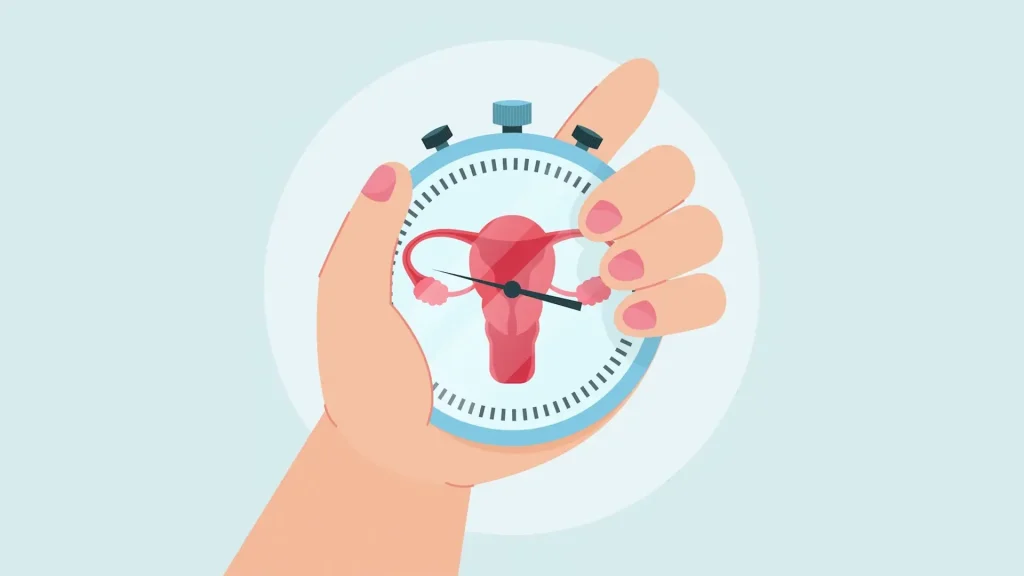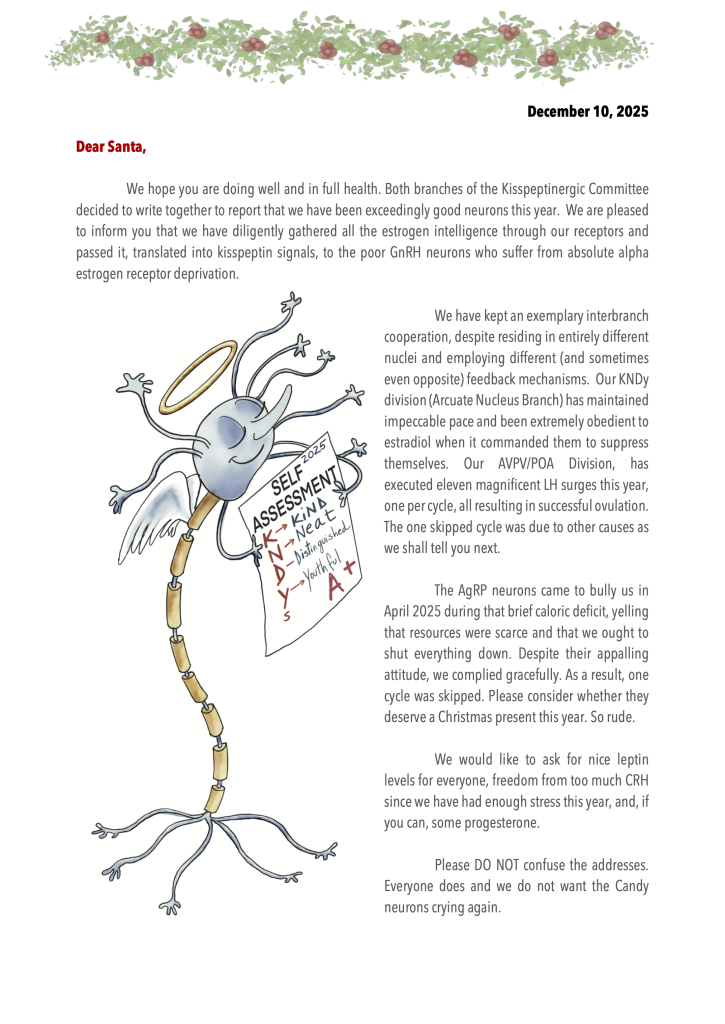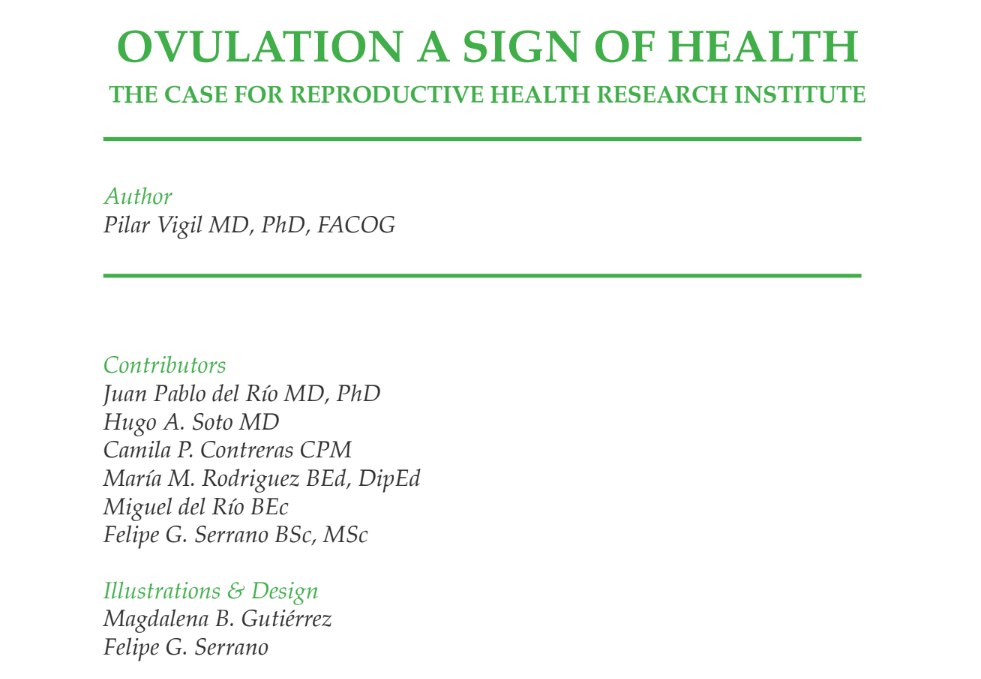A new year has begun and the air is thick with new year’s resolutions. People are buying veggies, lean proteins, and gym memberships; beginning new sleep and screen time regimens; forswearing alcohol or saturated fats.
Maybe you too have resolved to take better care of your health. But have you thought about attending to your hormonal health?
For many people, the answer is no. And that inattention can lead to big problems: because, all too often, hormonal imbalances are the invisible roots of the visible symptoms we confront and battle in our quest for better health.
Hormones are vital not only for fertility, but also for your overall health. They affect the health and maintenance of your brain, bones, blood sugar levels, mood, and more. Hormone patterns also provide incredible insight into changes in our overall health.
Menstrual Cycle Hormones and their Importance
Your body is impacted by a complex interplay of more than a dozen hormones each cycle.
There are four main reproductive hormones: FSH (follicle-stimulating hormone), estrogen, LH (luteinizing hormone), and progesterone. As these hormones interact with others, the entire process is managed by your brain—with hormonal shifts sometimes occurring on the hour. Learn more about the science of hormone health.
It’s important to ensure that these main hormones—as well as others such as androgens, prolactin, cortisol, insulin, glucose, and adrenal hormones—are all present in the right amounts and functioning properly. When they’re not, your body suffers.
Hormonal Imbalance Symptoms
Hormonal imbalances cause symptoms such as infertility, recurring miscarriage, irregular cycles and PMS. But while these are probably the most well-known symptoms of hormonal imbalance, they’re far from the only ones. Hormonal imbalances can also be behind other common symptoms, such as headaches, fatigue, anxiety, and weight gain.
For instance, hypothyroidism—when your body produces too little thyroid hormone—can lead to fatigue and depression. Abnormally high estrogen levels can cause anxiety. And polycystic ovarian syndrome (PCOS), a hormonal disorder, can cause acne, excess hair growth, and weight gain.
A Real Story
A woman named Emily can testify to the ways that untreated hormonal imbalances can devastate good health. Emily had struggled with her weight for years, starting from the time she hit puberty. She’d also experienced very irregular periods.
For a long time, Emily kept hearing the same thing from family and friends: eat better. But Emily knew things weren’t that simple. She’d tried diet after diet, but nothing was working. In fact, she was only putting on more weight, regardless of the dietary regimen she was on.
A doctor eventually diagnosed Emily with PCOS and suggested she go on birth control as a way to regulate her symptoms. Emily didn’t want to do that. She wanted a treatment that would actually get to the bottom of her problems. But no medical provider could offer her a solution and she continued to struggle.
Finally, a day came when Emily weighed over 300 pounds and was diagnosed with Type 2 Diabetes. “My greatest fears had come true,” she says.
To make matters worse, Emily began suffering from chronic lower back pain. The discomfort was so bad that she had to be on painkillers constantly. She went to the ER, got CT scans, and X-rays, but no one had answers for why her chronic conditions were happening or how she could become healthy. Emily kept being prescribed medications that only masked her symptoms.
One gynecologist diagnosed Emily with endometriosis and said surgery would be necessary to remove it. But Emily believed that what she really needed was proper treatment for her PCOS—which she suspected was at the root of her problems.
Fortunately, around this time, Emily heard about Dr. Danielle Koestner, a FEMM medical provider who is a family medicine DO with expertise in reproductive health care. When Emily heard Dr. Koestner speak about properly treating the root causes of women’s health issues she thought, “My prayers are answered.”
Emily believed Dr. Koestner might be able to address the hormonal imbalances that had plagued her for so long. And she was right.
The Root Cause of Hormonal Imbalance
Causes for these hormonal imbalances can be quite varied. It requires a qualified medical professional like Dr. Koestner to identify the underlying issues and provide proper treatment—which might include immunological treatments, targeted pharmacological interventions, and lifestyle changes.
“Everything changed immediately within a month of seeing [Dr. Koestner] and being treated correctly,” Emily says.
Using a CA 125 test, Dr. Koestner determined that Emily did not have endometriosis and did not need surgery. Instead, she focused on discovering and addressing the root causes of Emily’s PCOS. At Dr. Koestner’s request, Emily began getting regular bloodwork done every three months. She also learned how to chart her cycle in order to better understand and monitor her hormonal health.
What Women Need is Better Hormone Treatment
After years of misunderstandings and dead-ends, Emily finally felt heard and began seeing real improvements in her health. Her back pain disappeared and she has lost fifty pounds.
“Everything is going in the right direction. I’m not completely better yet, but I’m a lot better than I was a year ago,” she says.
It’s a comfort and encouragement to Emily to know that “FEMM providers are not looking to cover up the symptoms, they’re looking to get to the root cause and fix the problem and not just slap a band-aid on us and tell women to get over it and move on.”
The takeaway? As you consider the best ways to pursue better health this year, it might be time to re-evaluate your approach to those symptoms that just won’t go away. Sometimes, the lasting solution to a problem like weight gain might involve taking care of your hormones—not just crucifers or gym membership.
Emily’s story reminds us that hormonal imbalances can manifest themselves in many different types of symptoms. To take charge of your own wellness this year, don’t forget to make time for a basic hormonal profile checkup through FEMM telehealth. It could make all the difference.
FEMM Staff Writer, January 2024







